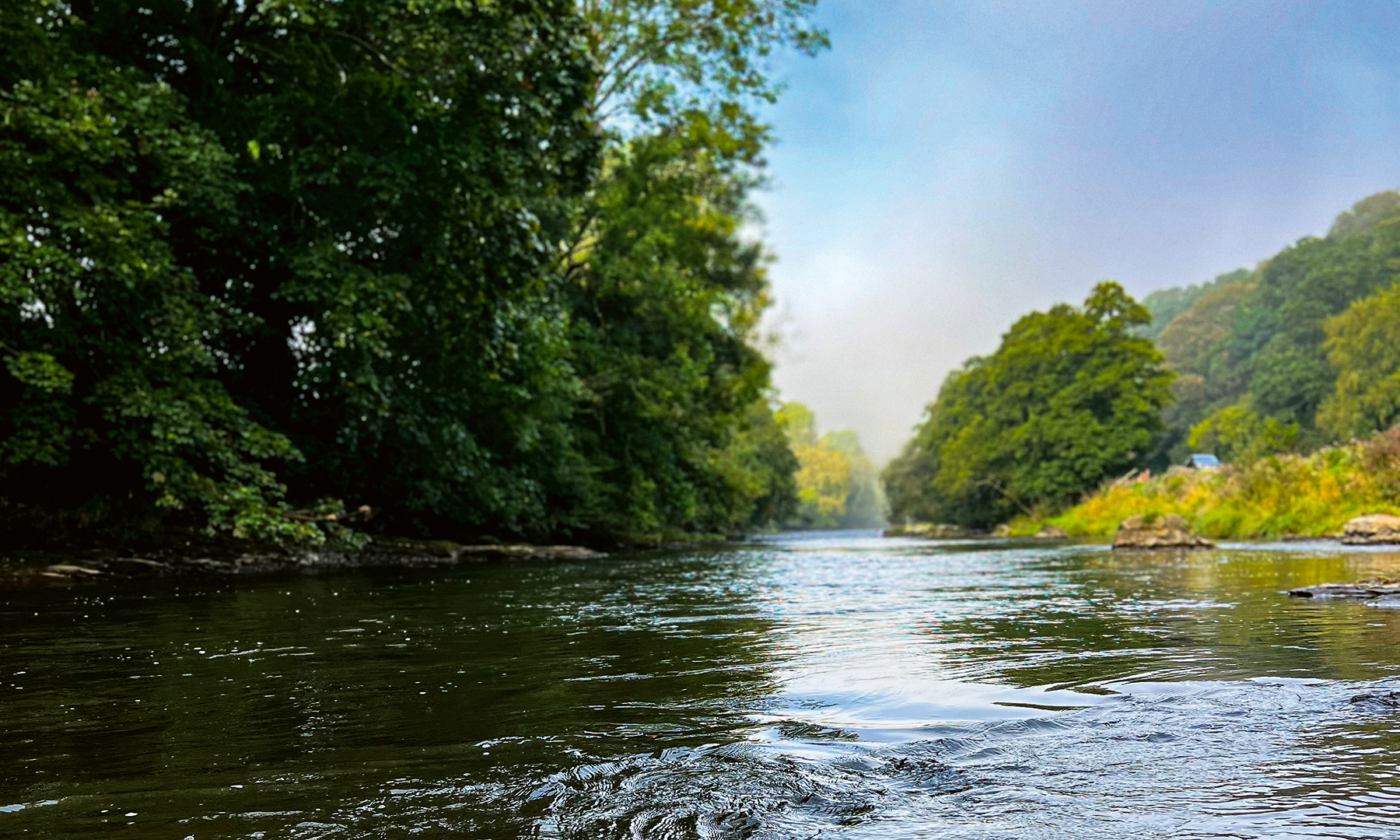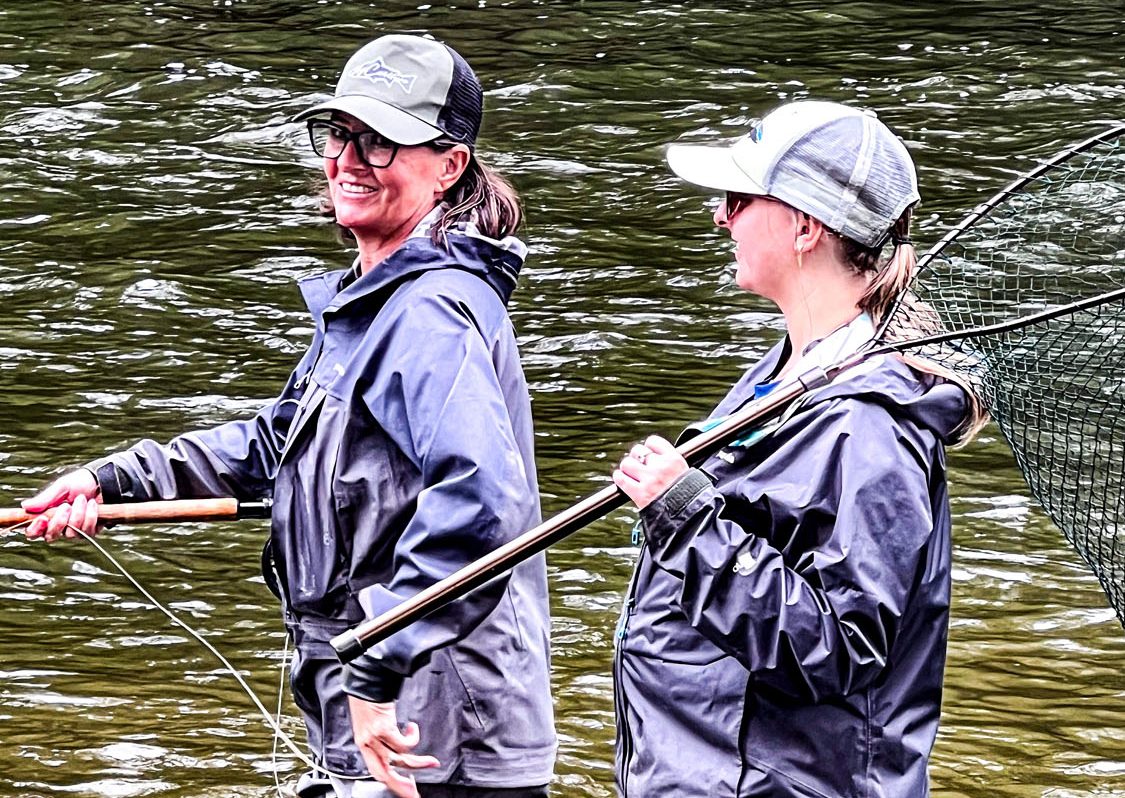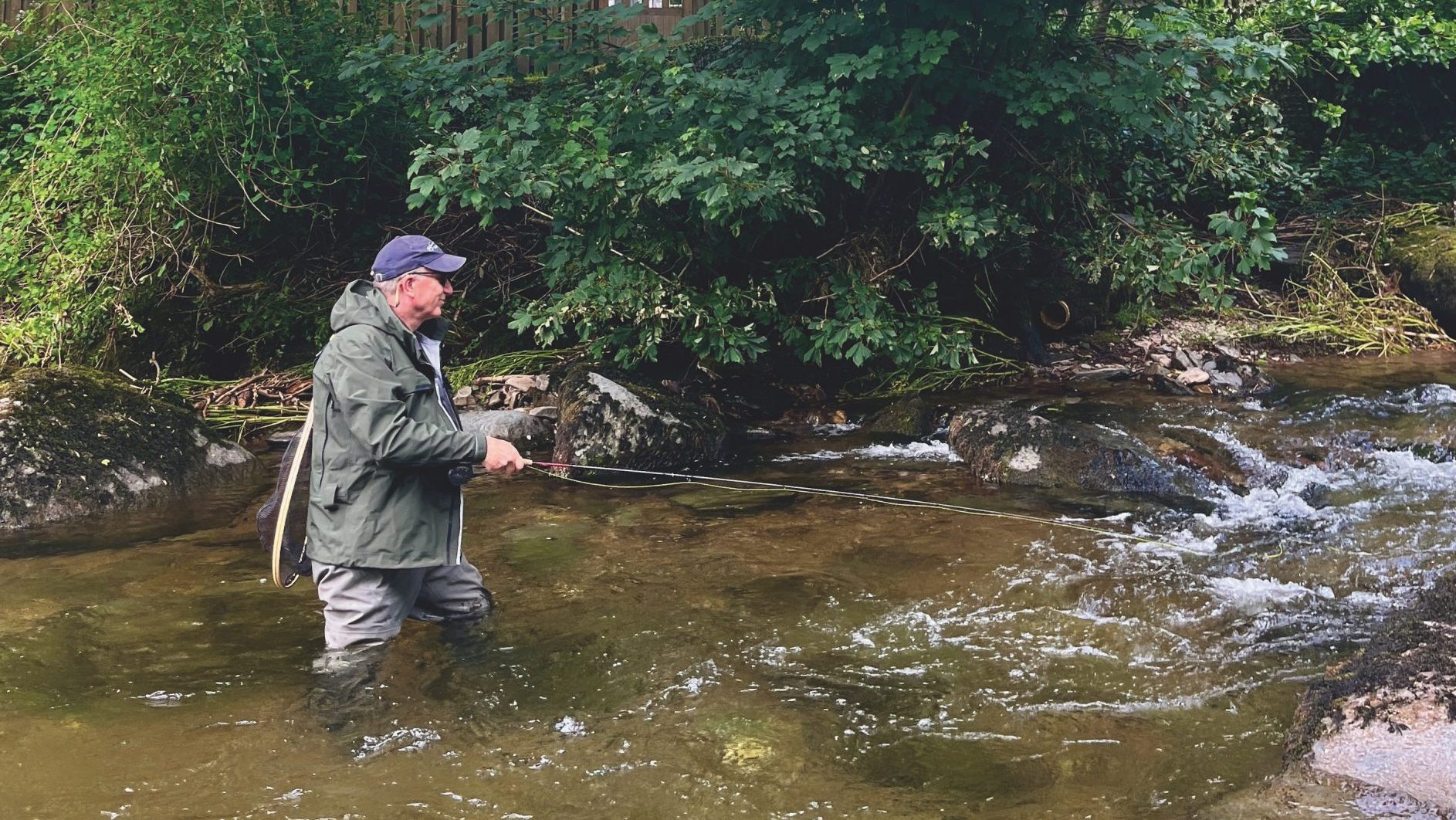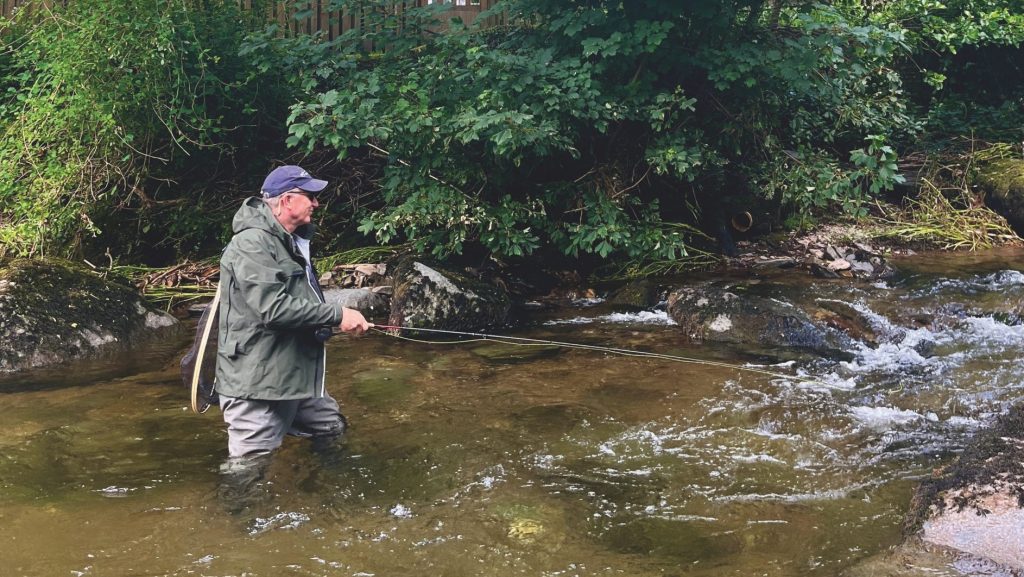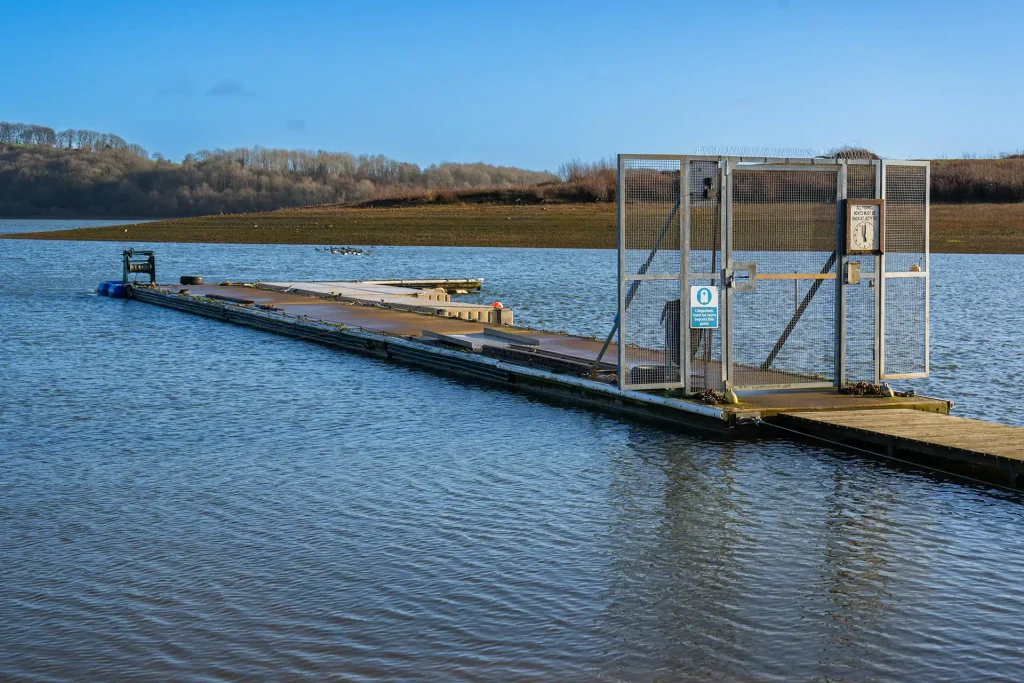Favourite fishing spots
Have you got one? This article from our archive reflects on a common error in the approach to a fishery

Whether it’s the pool that features most often in the returns book or that wonderfully fishy riffle only 100 yards from the hut, we often make a beeline for proven hotspots. But as Keith Allan sagely identified in the following article from April 1969, we might be walking wearing blinkers….

EVERY fisherman has his favourite river, lake, reservoir or pool. A desirable area for fishing may be chosen purely by the success of landing either a heavy fish from one pool or by consistent triumph over regular visits to a particular river.
Happy memories tend to imprint themselves on one’s mind so that when one sets out to fish a river, or any area of water which has been fruitful in the past, one feels confident, and psychologically it must surely play a part in how victorious one will be. Confidence is a great help in all sports.
When a fisherman knows a river well, he inevitably develops opinions, very often well chosen, about certain stretches. But just how much do our frequently dogmatic views about various stretches of water govern where we fish?
Do we let these favourite spots interfere and lure us away, in too great a degree, from adequately fishing other, seemingly more unproductive, water?
Of course, to speak generally in replying to such questions is impossible, for the answers lie embedded within the mind of the individual angler. It is up to him, to analyse his thoughts, to delve into past expeditions and discover whether he has committed any such acts of inattentiveness and favouritism.
His answers, however, may well show that he has concentrated on more “suitable” pools too often.
There are days, though, when fish may be lying dormant and may not want to feed, at least while the angler is present, so the fisherman sometimes has to exercise his judgment and fish where he thinks fish will be. Trout sometimes lie in places we would never expect. In powerful rapids they hover in eddies formed by jutting rocks or submerged boulders, and they skulk under overhanging banks and in mouths of streamlets, which enter most rivers at various stages of their courses.
Big trout are crafty; they surprise us by darting from expanses of water only inches deep or from a pool where not even minnows would glean an existence. From month to month, as it grows warmer and the season progresses, certain areas might become more rewarding for the angler.
At the beginning of the season, for example, rapids rarely hold any fish. (I say rarely because occasionally trout will lie in them and feed if it happens to be quite warm in the first month or so of the season.) On the whole, it is the calmer, deeper stretches one should try at this time of year.
But, as the season advances, rapids will come into their own and perhaps the slower water begins to deteriorate.
Naturally, anglers should not discriminate about where they fish to the extent of covering every foot of a particular stretch of water.
Obviously, on any beat, there are good and bad places, but abject dogmatism about where we fish can be a path to inability to catch reasonable bags of fish.
Most anglers, of course, can normally judge whether a certain part of a river is worth trying, but I have seen, and not just once or twice, fishermen blithely trotting past perfectly good and fishable pools for more “desirable” ones either further downstream or up.
What might look an inhospitable lie to you may not be to a fish. Monsters have been taken from strange and quaint places, so before commenting on how poor a river is, let us make sure we have given the waterway a fair trial.

